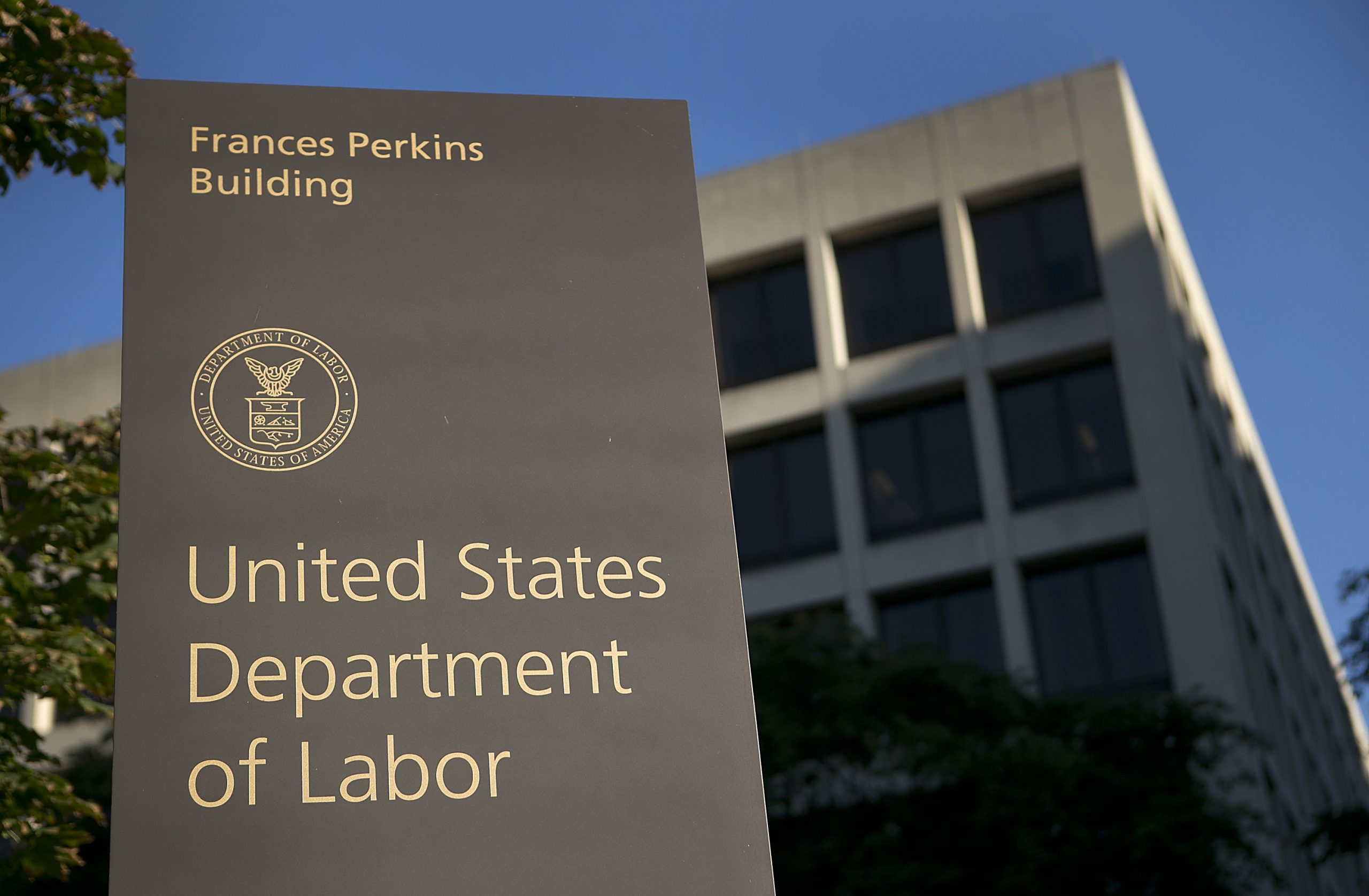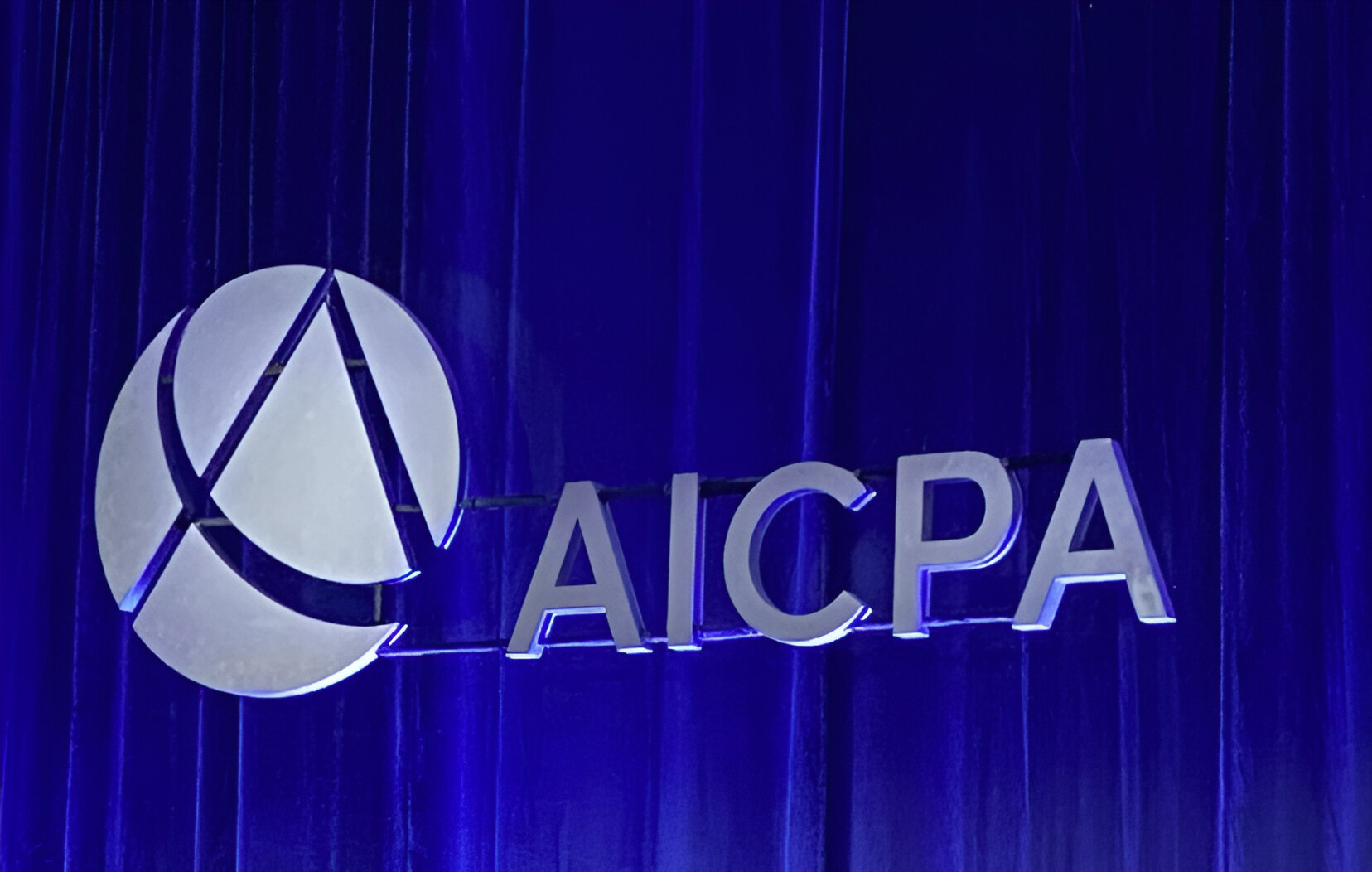The U.S. Department of Labor (the “DOL”) has released its long-awaited revisions to the Fair Labor Standards Act’s (“FLSA”) executive, administrative and professional exemptions, commonly referred to as the “white collar” exemptions. In so doing, the DOL also significantly revised the prerequisites for treating an employee as exempt under the FLSA’s “highly-compensated” exemption.
While the new Regulations stem from President Obama’s March 2014 memorandum to the Secretary of Labor characterizing the existing white collar exemptions as out of step with the modern economy, the DOL’s initial proposals, released in June 2015, were met with strong reaction from employers concerned about potentially radical changes. Though today’s Regulations retreat slightly from the DOL’s June 2015 proposals, they will still have a profound impact on employers’ ability to treat certain employees as exempt from receiving overtime compensation.
Background
Generally, the FLSA requires employers to pay non-exempt employees an hourly rate of at least one-and-a-half times their regular rate of pay for time worked in excess of 40 hours in a workweek. Certain “white collar” workers, namely those employed in a “bona fide executive, administrative, or professional capacity,” may, under certain circumstances, be exempt from this overtime requirement. Under the previous Regulations, in order to properly treat an employee as exempt under one of the FLSA’s white collar exemptions, (i) the employee had to be compensated on a salary basis at a rate of at least $455 per week ($23,660 annually), and (ii) the employee’s primary duties must have fallen within the substantive parameters of one of the above-noted exemption categories. This latter criterion requires a fact-intensive assessment regarding the nature of the employee’s work and specific job responsibilities.
The New Regulations
“White Collar” Exemptions (Non-Highly-Compensated)
Effective December 1, 2016, the new Regulations more than double the FLSA’s above-referenced minimum salary threshold to $913 per week ($47,476 annually). Notably, this figure materially exceeds the current minimum salary thresholds for the state-level white collar exemptions in every state and, as such, sets a new, across-the-board minimum salary to even consider whether an employee may be exempt. According to the DOL’s estimates, this change is expected to cause over 4.2 million currently-exempt white collar workers to become entitled to FLSA overtime rights, absent intervening action by their employers. Further, while the salary threshold under the prior Regulations remained static, pursuant to the new Regulations, the salary threshold will automatically update every three (3) years, beginning on January 1, 2020, and will be tied to the 40th percentile of weekly earnings of full-time salaried workers in the region of the country with the lowest wages (currently the Southeast). The DOL did not ultimately make any changes to the “primary duty” test.
Additionally, subject to certain details, the new Regulations will allow up to ten percent (10%) of the salary threshold for all non-highly compensated employees to be attributable to non-discretionary bonuses, incentive pay, or commissions, as long as such payments are made on a quarterly or more frequent basis.
Highly-Compensated Exemption
The new Regulations also increase from $100,000 to $134,004 per year the required salary threshold for an employee to be considered for the FLSA’s “highly-compensated” exemption. Highly-compensated employees must also be paid in a manner that comports with the new salary basis, i.e., they must receive at least $913 per week. As with the above-noted white collar exemptions, the duties test for highly-compensated employees – generally requiring that, in addition to being paid at least $134,004 per year, such employees primarily perform office or non-manual work, including at least one of the duties of an exempt white collar employee – has not been changed.
Importantly, the salary threshold for the highly-compensated exemption will increase every three (3) years to the 90th percentile of earnings of full-time salaried workers nationally. Accordingly, the DOL estimates that this threshold will increase to $147,524 during the first automatic update in 2020.
The DOL will post all new salary thresholds 150 days in advance of their effective date, beginning August 1, 2019.
What Does This Mean for Employers?
Clearly, the new Regulations will have a significant impact on employers of all sizes, and proactive steps will be necessary to best absorb and deal with these changes. For example, employers may consider raising salaries for positions whose salaries fall incrementally below the new $913 per week threshold. Employers may also consider implementing scheduling changes to limit their overtime costs, or altering the duties of certain employees to bolster the likelihood that they will, in fact, be considered to be exempt.
Of particular importance, employers should promptly assess their time- and record-keeping procedures, wage and hour policies, and employee classifications, to ensure compliance with the new Regulations. Given the Regulations’ escalating salary thresholds, employers must also be prepared to continually review and update their employee classifications, and must develop a plan to inform employees of any change in classification. And, given the light that the new Regulations shine on wage and hour matters at large, employers should be mindful of, and seek to address, already-lurking issues.
Ultimately, it is clear that the new Regulations will have a pervasive effect on employers in a wide range of industries. If you have questions about these issues, please feel free to contact a member of Venable’s national Labor and Employment team.
———
Brian Turoff is a partner with the firm Venable LLP and represents companies in all aspects of labor and employment law. He advises and litigates on behalf of such clients in matters including employment discrimination, wage and hour matters, lawful hiring, disciplinary and termination practices, sexual harassment prevention and defense, compensation and payroll practices, and the enforcement of restrictive covenants, such as non-compete and non-solicitation agreements. Mr. Turoff is also active in the traditional labor sector, representing clients in connection with collective bargaining, union/management relations, grievance arbitrations, the interpretation of collective bargaining agreements, and union organizing and elections.
Mr. Turoff represents companies of all sizes in a wide range of industries, including the real estate, technology, healthcare, finance, venue management, entertainment, fitness and hospitality industries. He is a seasoned practitioner with experience in civil and administrative litigation and arbitration, as well as day-to-day client counseling. Mr. Turoff regularly handles matters, including audits and investigations, before government agencies such as the National Labor Relations Board (NLRB), Department of Labor and EEOC, in addition to various courts and other administrative and arbitral bodies. He routinely advises companies regarding compliance with employment-related laws, as well as strategies aimed at avoiding employment-related disputes.
Thanks for reading CPA Practice Advisor!
Subscribe Already registered? Log In
Need more information? Read the FAQs
Tags: Accounting, Firm Management, Payroll, Technology




